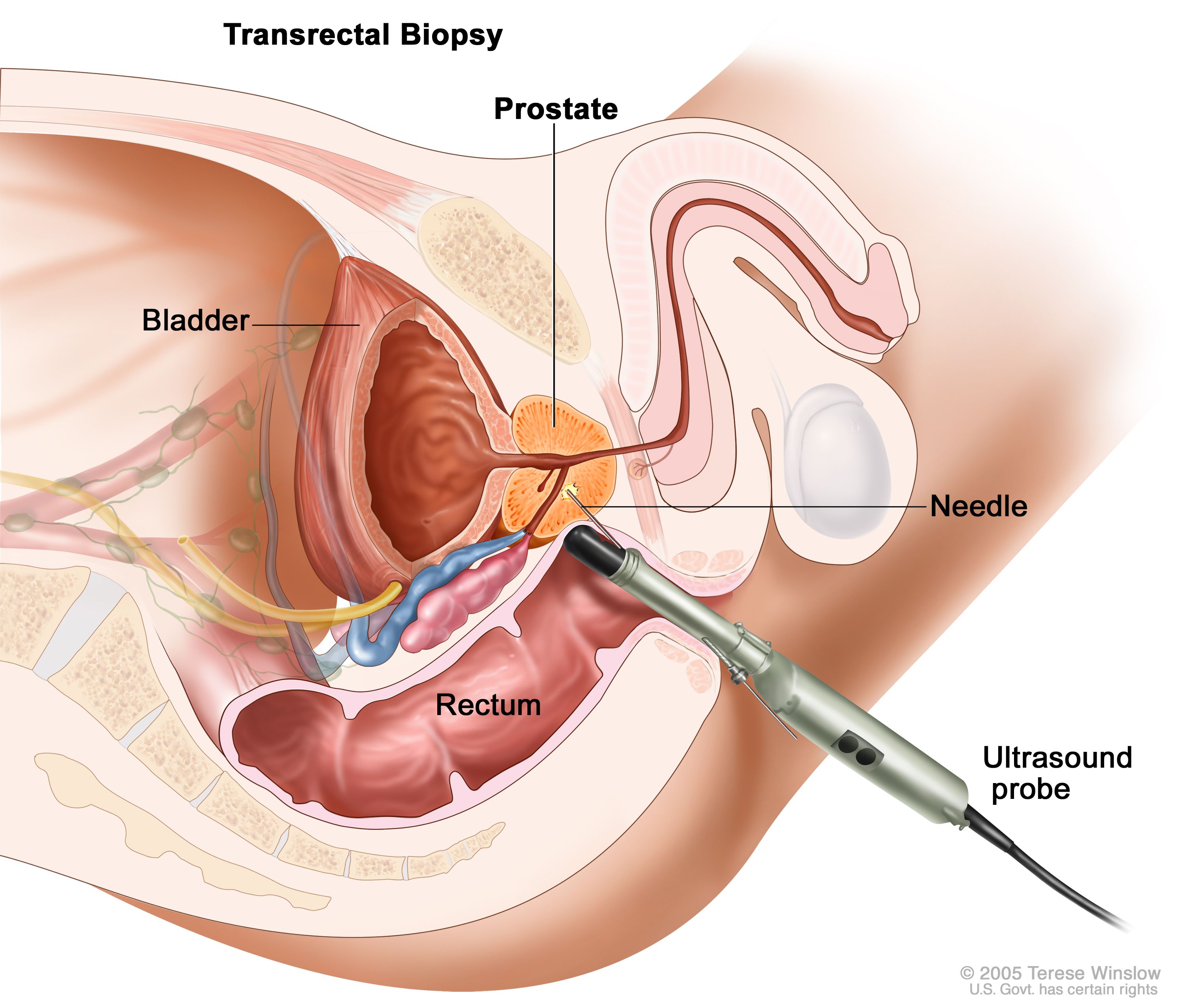Darrell Robinson serves his neighbours in Grenada County, Mississippi, on several levels, including as a member of the county board of supervisors, a minister, and in his day-to-day job as a grave digger.He meets with families at the cemetery to select burial plots for loved ones. He hears stories about his neighbours, including details about their illnesses and deaths.“Most of the time, cancer families have had a long period of suffering,” Robinson said.
“Grenada is a small town. We frequently find out when people are ill. The majority of the time, it is related to cancer in Black people.”Robinson, a prostate cancer survivor, is a strong advocate for early detection and treatment. Because he was already talking and listening to people in his daily roles, he found it easy to incorporate a discussion about prostate cancer.During Prostate Cancer Awareness Month in September, Robinson and other survivors will be joining the Office of Community Outreach and Engagement at UAB’s O’Neal Comprehensive Cancer Center in encouraging men to seek appropriate screening.
“Last September, I buried a friend who had prostate cancer,” Robinson explained. “He realised too late.”Officials at the O’Neal Cancer Center have joined the National Cancer Institute in warning that the pandemic may have prevented some patients from receiving critical screenings and procedures.
Dr. Barry Sleckman, director of the O’Neal Center, and Monica Baskin, associate director of the center’s Office of Community Outreach and Engagement and professor in the Division of Preventive Medicine, encourage patients to continue receiving age-appropriate cancer screenings and to speak with their health care providers about their options during the pandemic.According to the National Cancer Institute, black men are nearly 80% more likely than white men to develop prostate cancer and more than twice as likely to die from the disease.“I tell every Black man I meet, ‘If your daddy had prostate cancer, if someone in your family had prostate cancer, get checked,’” Robinson said.

“The most important thing is that Black men get checked for prostate cancer.”A PSA blood test, which measures the level of prostate-specific antigen, and a digital rectal exam, in which a doctor looks for swelling and inflammation, are two prostate cancer screening tests.In Robinson’s case, he first had a PSA blood test, which came back abnormal. A biopsy later revealed that the patient had Stage 1 prostate cancer.One of his first conversations was with Charles Latham, a survivor and member of the community advisory board for the Office of Community Outreach and Engagement.Latham and Robinson are members of Grenada’s 100 Black Men, a social service organisation dedicated to mentorship, education, economic development, and health and wellness.“One night at one of the local churches, 100 Black Men did a prostate awareness event, and everything the speaker said in his talk echoed what my doctor had already told me,” Robinson recalled. “It felt like confirmation to me. ‘Doc, I’m a Black man with diabetes, high blood pressure, and cholesterol issues, so let’s go ahead and remove it,’ I said.Experts recommend that men between the ages of 55 and 69 consult with their doctors about their risks and symptoms to determine when they should be screened.“I know probably 25 men who have had prostate cancer,” he said. “If you want to live, you have to go through some tests.
Do whatever it takes to survive.”Testing that could potentially save livesTerry Bush of Walker County was conscientious about keeping his prostate cancer screenings up to date. He was aware of his family’s history of prostate cancer, which began with his grandfather and extended to two older brothers.In 2017, he recalls insisting on the test.Bush stated, “There were no symptoms or anything.”
“It was just that voice inside of me telling me to get checked.”Bush had prostate cancer, according to the results of the test.
Bush chose surgery to have his prostate removed. He describes his recovery as difficult. “I wasn’t strong, but I persisted.”Bush, 63, is now a community health adviser in Walker County, where he was instrumental in the formation of a support group for prostate cancer patients, survivors, and their families.“I realised I was put here to help people, and that really helped me – knowing that I could make a difference in someone’s life,” Bush explained. “If I can be there to hold someone’s hand, talk to them, or provide some sort of comfort, I will.”Bush encourages men to seek screening because he claims it saved his life.W
alker County’s faith and actionJimmy Holston of Jasper attributes his survival to both his faith and regular screenings.Holston, 67, had prostate cancer about 16 years ago. Holston’s PSA test, like Robinson’s, was the first step in detecting abnormal levels.

Holston explained that catching it early allowed for more treatment options.“Men should get tested in case they are diagnosed,” he said. “If they can catch it at an early stage, they will be able to do more with it. I didn’t want to go, but I did want to take care of myself.”Holston has friends who were diagnosed early and treated successfully. Screenings are one important way for men to take responsibility for their own health, he says. His advice is straightforward: follow the rules and get screened.“I am grateful, so I don’t mind sharing,” Holston explained.
“Every day, I give thanks to God. God was able to bless me by allowing me to learn about it early. The rest was up to me in terms of getting it seen to.”According to Robinson, men frequently fear prostate cancer testing and then fear treatment. Physical problems, he claims, can be treated, but death is unavoidable.
“If you’re still alive, you can spend time with your wife, girlfriend, or children; but if they take you to the cemetery, someone has to come visit you,” he explained. “Treatment is available, and you can live after cancer. It isn’t the end of the world, though. In time, you’ll catch it. “Go get checked out.”
“Today, I look at my scars and say that I am proud of those scars because I am alive,” he said.
__________
Prostate Cancer | Don’t forget to follow us on Twitter @njtimesofficial. To get latest updates





